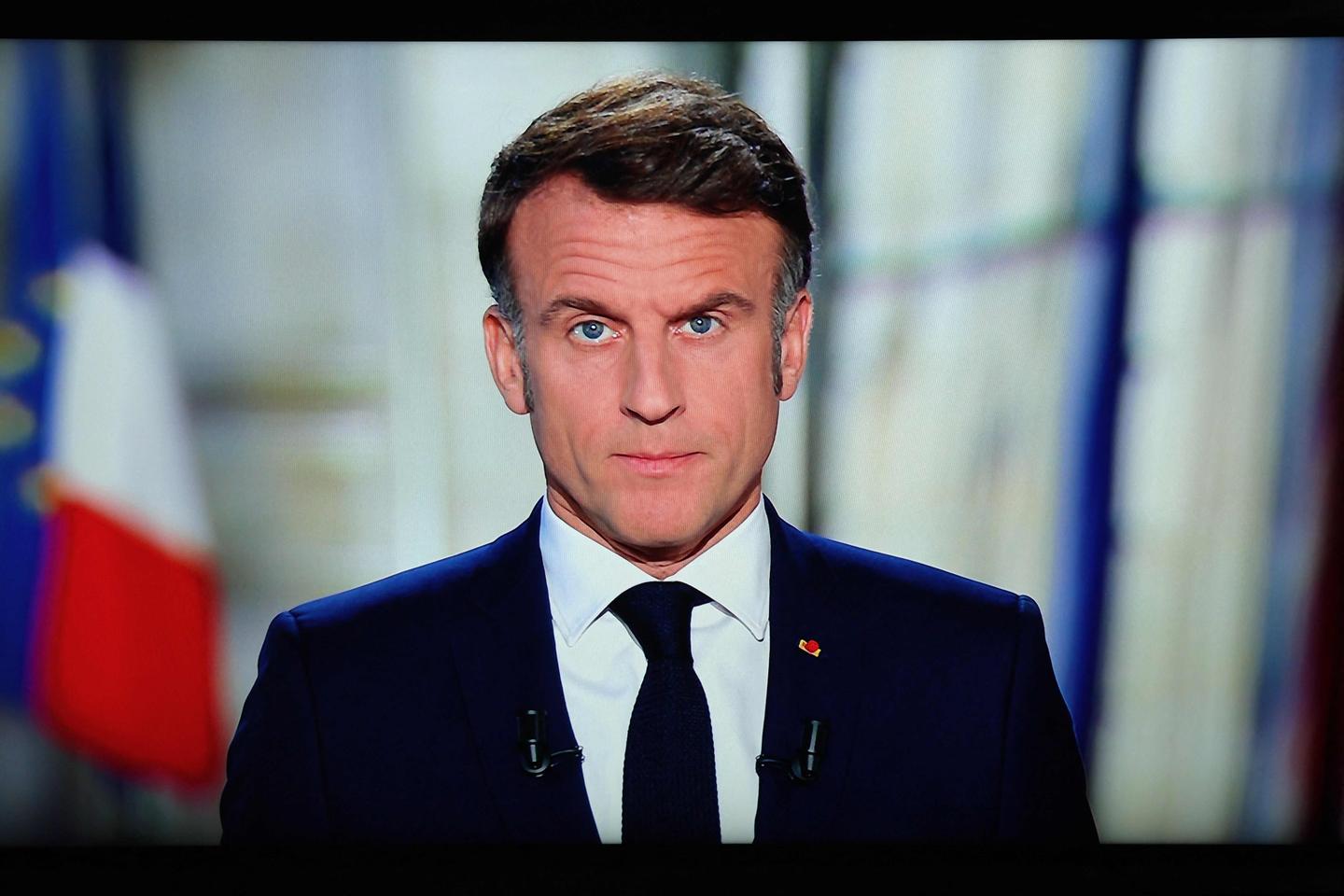


A more assertive mea culpa than the others on the subject of the June dissolution of the Assemblée Nationale, which sowed "divisions" and "instability," does not prevent Emmanuel Macron from fully intending to remain president until the end of his term. On Tuesday, December 31, at the dawn of a political year that is more uncertain than ever, the French leader's address was primarily a response to his far-right rival Marine Le Pen and her radical left counterpart Jean-Luc Mélenchon, who are seeking to provoke an early presidential election, at the risk of doubling the political crisis with an institutional crisis. This requires reinventing himself – and that's not easy.
Macron has finally taken stock of the failure of the most hazardous political initiative of 2024. He now fully accepts his responsibility for the crisis it has caused. The three-minute video presented at the start of his speech to highlight France's successes (Olympic Games, reconstruction of Notre-Dame, etc.) was a way of acknowledging that not everything in the country depends on the figure of the president. It was about time.
However, finding the right role for a highly devalued president is a challenge. Macron has constantly vacillated between two models: that of the unifying president, distanced from the contingencies of government, working to ensure that members of the national community are "united, determined and supportive," and that of a European leader who senses the imminent dangers and is unwilling to let go of the national course he has been charting for seven years.
A weakened voice
It was only legitimate for a large part of his speech to be reserved for the international and European scene: No one in France questions the "reserved domain" of the president, the policy areas in which he still leads even when other political forces control the government. What's more, even if his voice is weakened, Macron is recognized for having pointed out very early on the risk of Europe's fading away in the face of rivalry between China and the United States. His call to "say no to trade laws enacted by others" and to reject "anything that makes us dependent on others without compensation and without preparing our future" was accompanied by a legitimate appeal for a European "awakening," in the wake of the Draghi report that highlighted the weakening of the European Union's capacity for innovation and investment.
But what weight does the voice of a France bogged down in its divisions and unable to pass a budget have today? Given the seriousness of the European stakes, Macron has called for "getting a grip collectively" and continues to stubbornly defend the path he has been following for seven years: "work and innovate more," make France "more attractive" and safeguard supply-side policies as far as possible. In the face of stumbling blocks, he is prepared to have the French directly decide on certain "decisive subjects" to prepare for the future. But not only is the referendum a double-edged sword, it also contradicts the "full legitimacy" that the president recognizes in the newly-elected Assemblée Nationale.
All these contradictions show that, no more than Prime Minister François Bayrou, who has expressed the wish for a year of "action" and "stability," Macron has not yet found the key to breaking the political deadlock. The year begins in a thick fog.
